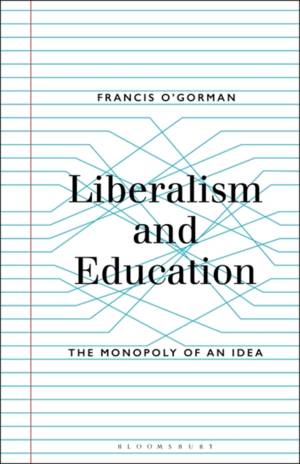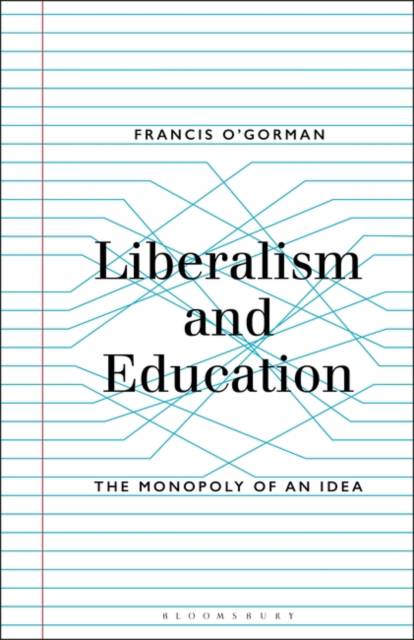
- Retrait gratuit dans votre magasin Club
- 7.000.000 titres dans notre catalogue
- Payer en toute sécurité
- Toujours un magasin près de chez vous
- Retrait gratuit dans votre magasin Club
- 7.000.0000 titres dans notre catalogue
- Payer en toute sécurité
- Toujours un magasin près de chez vous
27,95 €
+ 55 points
Description
Liberalism and Education examines the damaging consequences of a liberalism that seems almost obligatory within modern western universities and in literature and art.
In the 20th century what had been open-minded inquiry gradually gathered an assumption that judgment, particularly moral judgment, had no part in a university education. Liberal values became the norm. That is, almost complete tolerance and non-judgmentalism. In this shift, counter-culture became the most prestigious intellectual position. But the costs were not considered. In fact, as we are seeing in the rise of non-liberal forces, the casualties of enforced liberalism are multiple. Because the educated cannot, except with risk, question liberalism, those who have not been so educated have taken up the intellectual space left behind. And the result is populism, crude versions of nationalism, violent versions of exclusion, and a spurning of establishments that once looked secure. Because liberals have insisted that intolerance is morally unacceptable, the only forms of intolerance that we can now perceive are extreme. Liberalism has handed to the extremists the only realistic option for taking a different view. Liberalism and Education is a salute to thinking again about this: to re-assessing exactly those topics that liberalism has outlawed, including the place of order, law, authority, reason, moral values, and of judgement in contemporary intellectual culture. And it is optimistic that serious thinking can revive the virtues of what has been cast-out.Spécifications
Parties prenantes
- Auteur(s) :
- Editeur:
Contenu
- Nombre de pages :
- 192
- Langue:
- Anglais
Caractéristiques
- EAN:
- 9781501336799
- Date de parution :
- 12-06-25
- Format:
- Livre relié
- Format numérique:
- Genaaid
- Dimensions :
- 140 mm x 216 mm
- Poids :
- 453 g

Les avis
Nous publions uniquement les avis qui respectent les conditions requises. Consultez nos conditions pour les avis.






